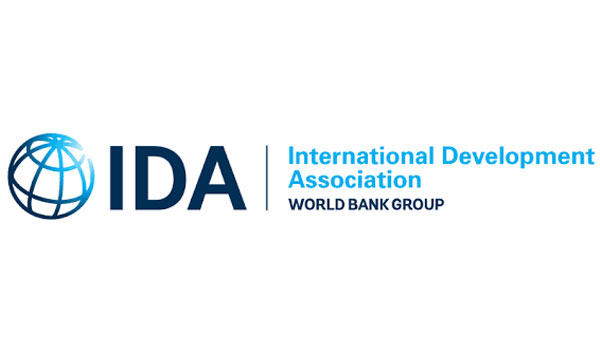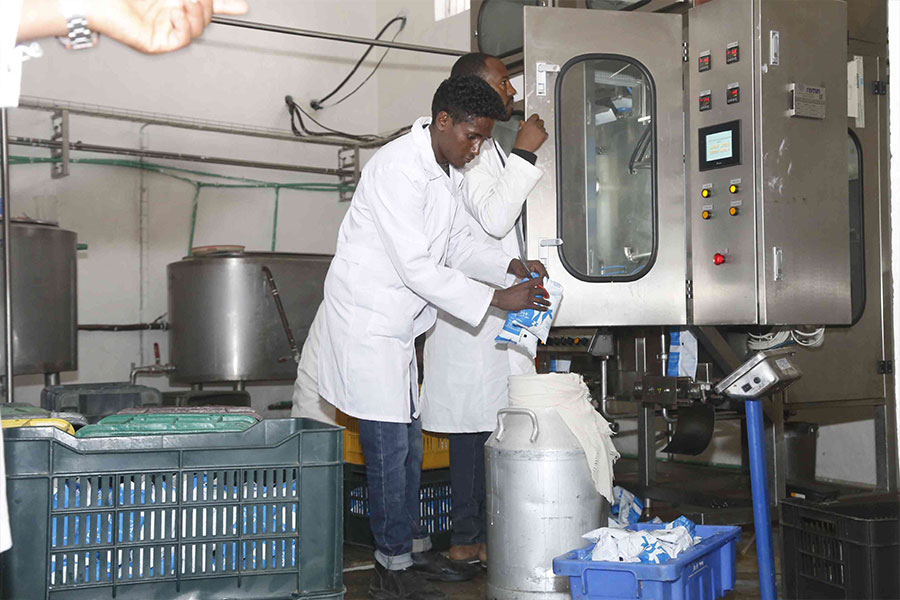
Fortune News | Feb 06,2021
Feb 29 , 2020
By Eden Sahle
It is inconvenient to live in a country where unprofessionalism is ripe in every sector, government office or private organisation. It is scary when we realise that incompetence and negligence also reign at health institutions.
To the horror of my friends and me, one of our closest friends was in a car accident. From his accident to the neglect he faced at the hands of medical institutions and traffic and police officers, it was a nightmare that we had to go through.
My friend was flying abroad the night the accident happened. On his way to the airport, he realised he had forgotten his phone and decided to return to pick it up. He called one of the taxi-hailing service providers and was heading home when the vehicle he was travelling in crashed after the driver lost control.
Both the driver and my friend were injured, the latter much more seriously than the former. My friend is still undergoing intensive care treatment for an injury that would have been much less severe had it not been for an extraordinary show of incompetence.
Let us start with the online transportation service providers, who do not offer auto-insurance for passengers in the event of an accident. They also do not have a system to alert the head office when an accident occurs. This made locating my friend and his driver very difficult.
Worse still were the police officers who were called to the scene after the accident. Instead of identifying the victim, they packed the luggage he was carrying, and the identification cards in them, as exhibits, blocking any means to contact his family. After much effort, he was able to be identified through the online taxi transportation service he was using but only after several hours following the accident.
Our nightmare did not end there. A Good Samaritan volunteered to take him from the scene of the accident to a private hospital near Gerji in Bole District. But the hospital refused to treat him. An unconscious, heavily bleeding person was turned away, despite the laws, because the stranger that brought him there was asked to pay 70,000 Br upfront in the middle of the night. The private hospital referred him to a public hospital instead, where he was found by his family lying on the ground in his own pool of blood.
Is this how medical professionals and institutions should act? Where is their medical ethics and training to save lives? Where is their Hippocratic Oath they swear upon graduation to take care of patients according to their ability and judgment and to never do harm to anyone? Where is their compassion and priority to save lives first?
There is also irony in all of this. In a country like Ethiopia, where there is a single doctor responsible for over 30,000 people, the country is denying employment to medical graduates, claiming that there are enough of them already working.
Do the Ministry of Health and those in leadership positions know the shortage of medical professionals at the public and private institutions? Do they know people die due to lack of immediate medical attention?
Medical negligence and carelessness can lead to someone's death. It is unthinkable for a medical institution to refuse care to patients in emergency situations for the simple reason that they are unable to pay. All hospitals and their physicians are duty-bound to stabilise and provide medical screening examinations for each patient that comes to the facility for emergency care, regardless of the patient’s ability to pay.
There should be systems in place during emergencies to ensure that treatments are carried out appropriately and fairly. The private health care system is not just cruel and unjust but also ludicrous in expecting that patients in need of emergency attention would have wads of cash, in the middle of the night, to cover the expenses that could save their lives. That is why there is a law to the contrary and why the Hippocratic Oath exists.
Indeed, where a health institution is not capable of providing the necessary emergency medical treatment, following the health institution’s standard, the law requires them to refer the patient to an appropriate health institution capable of dispensing the essential care.
Regrettably, public hospitals are forced to take on referrals far too often and are overburdened to give the appropriate care to patients. Private hospitals should share the burden and diligently provide care during emergencies instead of avoiding and violating their responsibility. Incessant capitalism is a cruel and unjust alternative to what should be effective and universal health coverage.
PUBLISHED ON
Feb 29,2020 [ VOL
20 , NO
1035]

Fortune News | Feb 06,2021

Fortune News | Feb 15,2020

Radar | Apr 20,2019

Featured | Jan 07,2024

Fortune News | Jun 01,2019

Fortune News | Mar 05,2022

Fortune News | Jun 24,2023

Agenda | Jun 07,2022

Viewpoints | Oct 30,2021

Fortune News | Jun 05,2021

Photo Gallery | 178297 Views | May 06,2019

Photo Gallery | 168501 Views | Apr 26,2019

Photo Gallery | 159284 Views | Oct 06,2021

My Opinion | 137061 Views | Aug 14,2021
Commentaries | Oct 25,2025

Dec 22 , 2024 . By TIZITA SHEWAFERAW
Charged with transforming colossal state-owned enterprises into modern and competitiv...

Aug 18 , 2024 . By AKSAH ITALO
Although predictable Yonas Zerihun's job in the ride-hailing service is not immune to...

Jul 28 , 2024 . By TIZITA SHEWAFERAW
Unhabitual, perhaps too many, Samuel Gebreyohannes, 38, used to occasionally enjoy a couple of beers at breakfast. However, he recently swit...

Jul 13 , 2024 . By AKSAH ITALO
Investors who rely on tractors, trucks, and field vehicles for commuting, transporting commodities, and f...

Oct 25 , 2025
The regulatory machinery is on overdrive. In only two years, no fewer than 35 new pro...

Oct 18 , 2025
The political establishment, notably the ruling party and its top brass, has become p...

Oct 11 , 2025
Ladislas Farago, a roving Associated Press (AP) correspondent, arrived in Ethiopia in...

Oct 4 , 2025
Eyob Tekalegn (PhD) had been in the Governor's chair for only weeks when, on Septembe...

Oct 25 , 2025 . By YITBAREK GETACHEW
Officials of the Addis Abeba's Education Bureau have embarked on an ambitious experim...

Oct 26 , 2025 . By YITBAREK GETACHEW
The federal government is making a landmark shift in its investment incentive regime...

Oct 29 , 2025 . By NAHOM AYELE
The National Bank of Ethiopia (NBE) is preparing to issue a directive that will funda...

Oct 26 , 2025 . By SURAFEL MULUGETA
A community of booksellers shadowing the Ethiopian National Theatre has been jolted b...